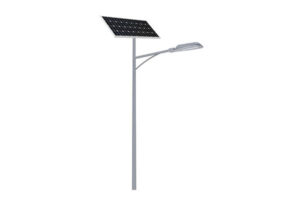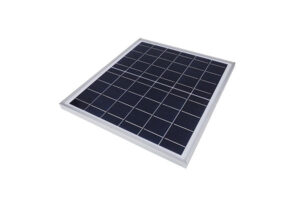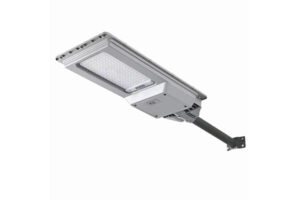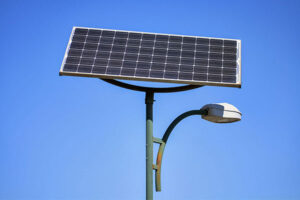Table of Contents
ToggleSolar water pumps are a revolutionary solution for harnessing the power of the sun to provide a reliable source of water for various applications, including irrigation, livestock, and domestic use. These pumps offer a sustainable and eco-friendly alternative to traditional electric or diesel-powered pumps. In this article, we’ll explore the advantages and disadvantages of solar water pumps to help you make an informed decision for your specific needs.
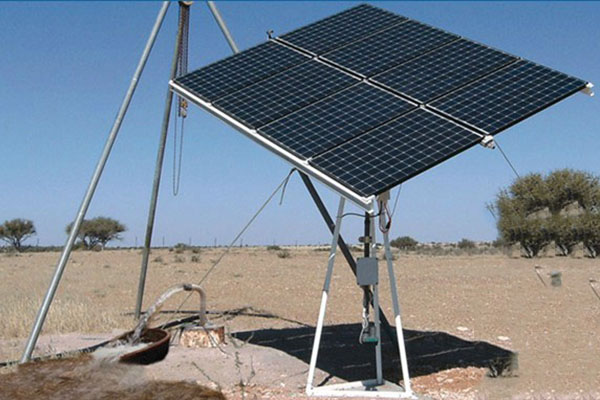
Advantages of Solar Water Pumps
1. Environmentally Friendly
One of the primary advantages of solar water pumps is their eco-friendliness. They produce no greenhouse gas emissions or air pollutants, making them a clean and sustainable choice. By harnessing solar energy, these pumps reduce your carbon footprint and help combat climate change.
2. Energy Cost Savings
Solar water pumps are powered by the sun, which means no ongoing fuel or electricity costs. Once installed, they provide free energy for many years, significantly reducing operational expenses. This can be especially advantageous for farmers and remote communities looking to save on energy costs.
3. Low Maintenance
Compared to traditional pumps that rely on complex machinery, solar water pumps have fewer moving parts, leading to lower maintenance requirements. Routine check-ups and occasional cleaning are generally sufficient to keep them in good working condition, reducing downtime and repair costs.
4. Remote Accessibility
Solar water pumps are an excellent solution for areas without access to grid electricity. They can be installed in remote locations, helping communities and farms in off-grid regions gain access to a consistent water supply for irrigation or other essential needs.
5. Long Lifespan
Solar water pumps are built to last. With minimal wear and tear on the components, these pumps can have a lifespan of 20-25 years or more, ensuring long-term water supply reliability.
6. Customizable
Solar water pump systems can be customized to suit specific requirements. They are available in various sizes and configurations, making it easy to adapt them to the unique needs of your application.
Disadvantages of Solar Water Pumps
1. High Initial Cost
The upfront cost of purchasing and installing a solar water pump system can be a significant barrier for some users. While there are long-term savings on energy and maintenance costs, the initial investment can be substantial.
2. Weather Dependence
The efficiency of solar water pumps is weather-dependent. Cloudy or rainy days can reduce the amount of energy generated, impacting the pump’s performance. This makes them less reliable during extended periods of inclement weather unless additional energy storage solutions like batteries are integrated.
3. Seasonal Variation
Solar water pumps may have reduced output during certain seasons, especially in regions with long winters or monsoon periods. This seasonal variation can affect their reliability for year-round applications.
4. Installation and Technical Expertise
Proper installation and maintenance require a certain level of technical expertise. It’s essential to hire professionals with experience in solar water pump systems to ensure optimal performance.
5. Limited Water Output
Compared to larger traditional pumps, solar water pumps may have limitations on the volume of water they can deliver. This may not be suitable for applications that require extremely high water flow rates.
Conclusion
Solar water pumps offer numerous advantages, including their environmental friendliness, cost savings, and low maintenance requirements. However, they do come with certain disadvantages, such as the high initial cost and weather-dependent performance. The decision to use a solar water pump should be based on your specific needs, location, and budget. When chosen and installed correctly, they can provide a reliable and sustainable source of water for years to come, making them a viable option for many agricultural, domestic, and remote water supply needs.

